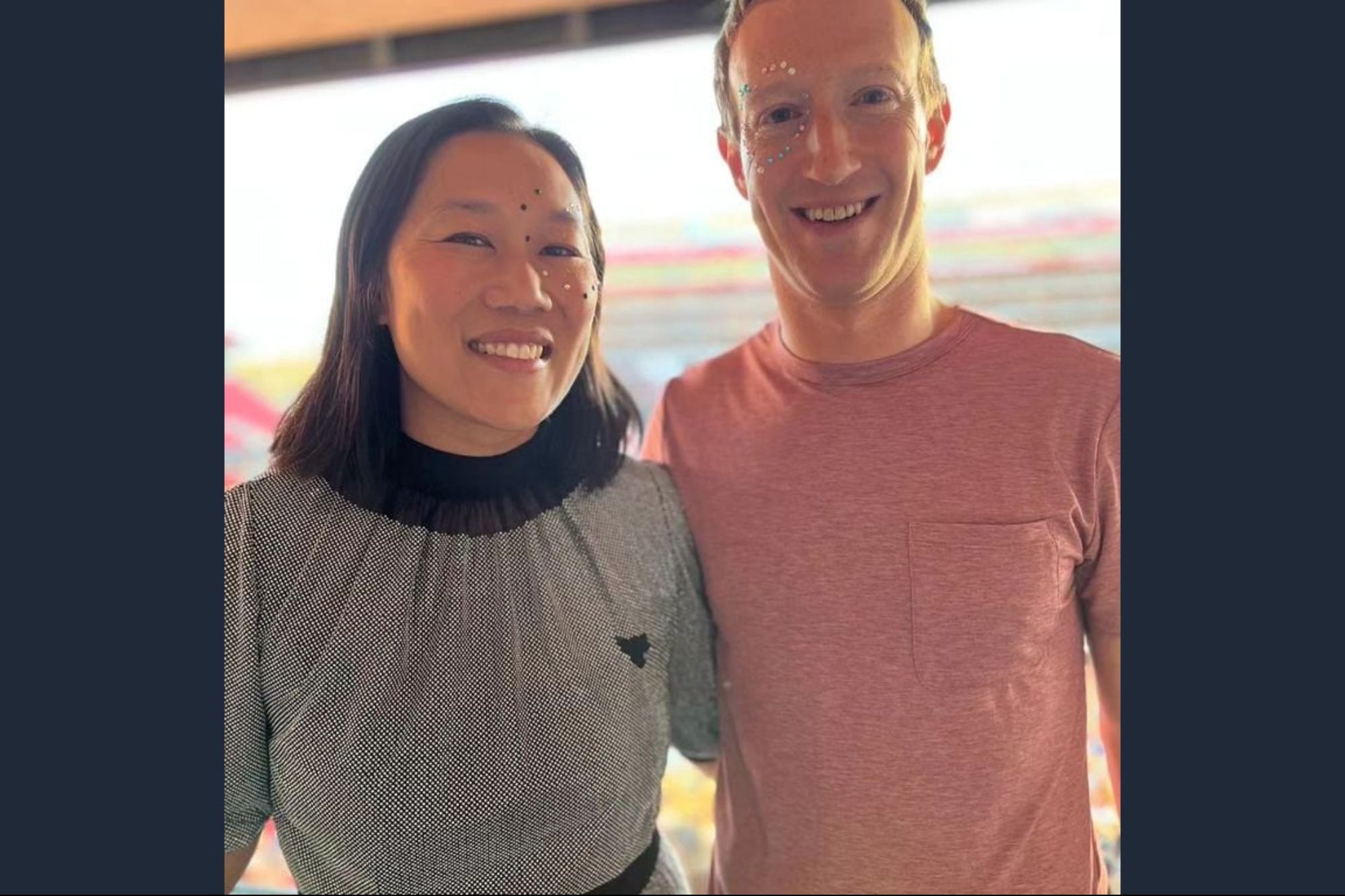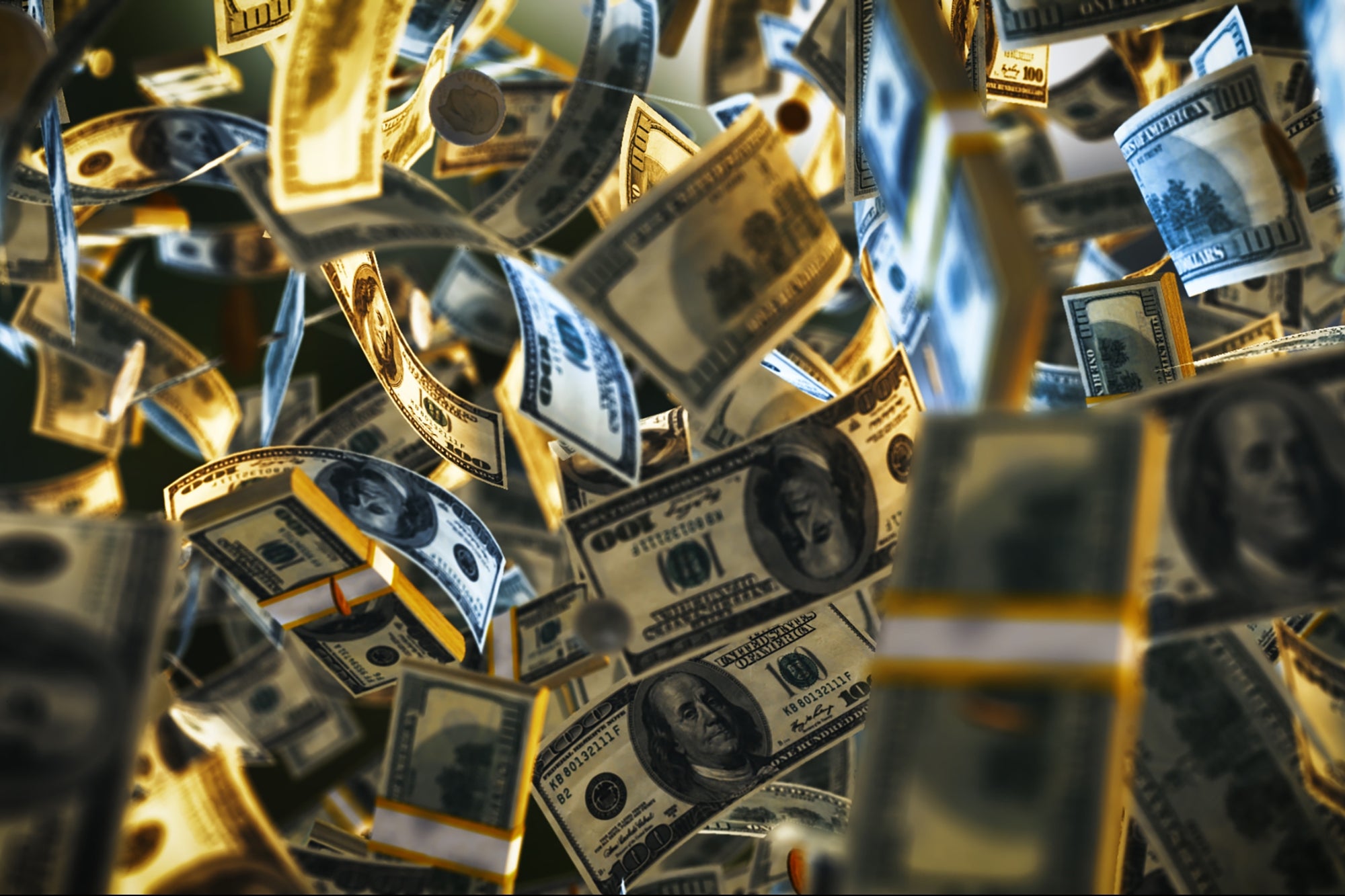3 Startup Lessons From Hip Hop EntrepreneursFrom Nipsey Hussle, to Jay-Z, to Dr. Dre, rappers are showing how they can think bigger than just bars and hooks.
ByAndrew Medal•
Opinions expressed by Entrepreneur contributors are their own.

Hip hop has significantly redefined and shaped our culture. From NWA to Pac and Jay-Z, hip hop artists have pushed the boundaries of society and reinvented our culture.
But what's also interesting is that most don't just stick with music and call it a day: Instead, there's an inherent entrepreneurial foundation to most of these artists. And the result is that their businesses reach deeply into different spaces like fashion, sports, alcoholic beverages and tech.
From creative product launches like Jay-Z'sMagna Cartaalbum drop (in partnership with Samsung), to joint ventures like Diddy's Ciroc deal and partnerships like Dr. Dre and Jimmy Iovine's headset company, hip hop has not only redefined culture but business, too.
Related:Hip Hop Legend Damon Dash Explains How His Street Mentality Catapulted Him to the Top
Perhaps hip hop can help redefine your own business? Here are three startup lesson from some of this musical segment's leading entrepreneurs:
Nipsey Hussle: Bet on yourself and double up.
I recently caught up with hip hop artistNipsey Hussleat his new tech incubator and coworking space,Vector90, in his hometown, the one-time violent gang haven, Crenshaw, Calif. My purpose was to shoot an episode ofAction and Ambition,my video show airing (March 16) on myEntrepreneur Networkchannel.
Just don't be fooled by Hussle's laid-back LA style, because climbing record charts and dropping tracks aren't the only methodical steps he's taken to advance his team and mission. In fact, this Slauson Avenue (a local thoroughfare) repis a visionary thinker and champion of the underdog whose multiple businesses and partnerships include his clothing company, The Marathon Clothing (also based in Crenshaw), and his record label, All Money In. Hussle has also invested in a cryptocurrency company.
His career goes back several years: Indeed, Hussle started as an indie artist and signed with Epic, but in 2010 was let out from the Epic contract due to creative differences. He could have given up at that point, but instead created his record label.
Striking out as an indie artist on his own label, he told me, allowed him to test different types of songs and retain creative authority with his brand. It also gave him the ability to test new marketing campaigns.
For instance, in 2013, after reading Jonah Berger's bookContagious: Why Things Catch On, he decided to sell hisCrenshaw混合tape for $100 a pop. This move not only generated viral news, but caught the attention of music A-lister Jay-Z, who bought 100 copies for $10,000 (as described by the hip hop culture siteComplex).
The result was that Hussle created buzz and critical mass as an independent artist betting on himself. He also made a major statement when his record labelentered a partnership with Atlantic Records; that led to his debut studio album,Victory Lap, which I regard as an instant classic that should hit platinum.
Signing with Atlantic was another affirmation that Hussle bet right.
And, as for his entrepreneurial activities, Hussle told me that, "We never lost on some street s***, but that ain't worth bragging about it. That's not what the metric is.
"The metric," Hussle said, "is what we built as entrepreneurs and as leaders. That's the nature of my various businesses."
杰斯:通过合作建立你的品牌。
Jay-Z grew up in the Marcy projects of Brooklyn, New York, during the time when crack cocaine ran the streets and crime was at an all-time high. If you'd been a witness to Jay-Z's origins, you'd never have envisioned the success he's created for himself, or the influence he's developed. In fact, "Jay-Z" is practically a household name.
But, it wasn't always like that. This rap artist too started from the bottom. In the late '80s and early '90s, he did a lot of collaboration work, appearing as a guest on other rappers' tracks. When he couldn't get a record deal with a major label himself, he created his own label and sold albums on the streets and out of his car trunk. He used to sleep on studio floors and open for other artists. But these moves weren't just about impoverishment; the relationships he developed along the way became key to his success.
Specifically, Jay-Z used those relationships as a stepping stone to create a stronger name for himself. He would open for artists with big shows, and use those appearances to establish his brand and share his music. He relentlessly networked with other hip hop artists, but also collaborated with artists outside of his genre.
Those outside genres allowed him to cast an even wider net and garner wider mass appeal. FromFall Out BoyandLinkin ParktoAlicia KeysandPanjabi MC, Jay-Z pushed his music and extended his network to multiple music genres. Through these collaborations, he not only doubled his listener base but created a much larger fan base and continued to build his global brand.
Dr. Dre: Leverage your influence.
Dr. Dre grew up in Compton, Calif., during the peak of gang culture. It was a time when the Bloods and Crips ran the streets and police brutality was as dangerous as the gangs. Dre lost many friends, including his own younger brother, to the violence.
He then had a choice to make in terms of work, and decided to go all in with his passion for music. He spent every waking moment in the studio, producing tracks, working with artists and ultimately creating the notorious rap group NWA. Through his success with NWA, he developed his own brand, and ultimately joined the group Death Row.
After Death Row, Dre kept climbing to the top, establishing Aftermath and signing Eminem and 50Cent. His career has continued with an upward trajectory that has not only landed him on theForbes list, but has him sitting among the five wealthiest rappers in the world, getting close to billionaire status.
Related:Lessons on Innovation and Evolution From 3 Top Hip-Hop Artists
One of his biggest turning points came in 2017, though, when Apple announced it was acquiring his Beats by Dr. Dre headphone company. In 2006 record producer Jimmy Iovine approached Dre to partner with him, and asked Dre to use his influence and build a hardware company that would create speakers and headphones (the company's inception has been written about byBusiness Insider).
Thanks to Dre's established influence and appetite for risk and vision, which enabled him to understand the potential opportunity,Beats by Drewas created. And, with Apple's $3.2 billion acquisition in 2017, Dre's success was cemented in business and hip hop music.
总而言之,这类型催生了一些最musically talented, gifted and creative people on the planet. These artists have shaped the music industry, but have also reinvented the way we build influence, create startups and scale businesses.











